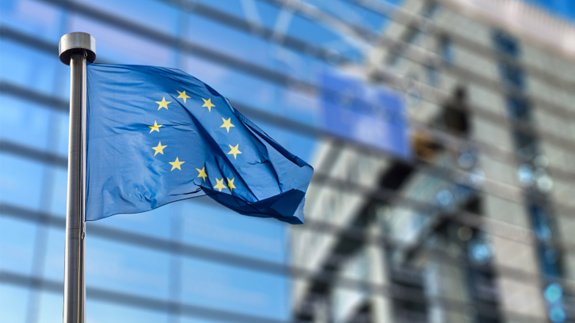The European Commission has launched an in-depth investigation into Luxembourg’s tax arrangements with French utility ENGIE.
It has concerns several tax rulings issued by Luxembourg may have given the utility an “unfair advantage” over other companies.
The Commission states they appear to treat the same financial transaction in an “inconsistent way, both as debt and as equity”, leading to double non-taxation of companies in the GDF Suez group, as ENGIE was formerly known.
Margrethe Vestager, Commissioner in charge of competition policy, said: “Financial transactions can be taxed differently depending on the type of transaction, equity or debt – but a single company cannot have the best of two worlds for one and the same transaction.
“Therefore, we will look carefully at tax rulings issued by Luxembourg to GDF Suez. They seem to contradict national taxation rules and allow GDF Suez to pay less tax than other companies.”
The Commission adds by allowing the loans to be treated as both debt and equity, ”a significant proportion” of profits on the arrangements recorded by Engie in Luxembourg “are not taxed at all”.
It said: “This is because the borrowers can significantly reduce their taxable profits in Luxembourg by deducting the (provisioned) interest payments of the transaction as expenses. At the same time, the lenders avoid paying any tax on the profits the transactions generate for them because Luxembourg tax rules exempt income from equity investments from taxation.”
The investigation does not call into question the general tax regime of Luxembourg.
ENGIE, which is 33% owned by the French state, said it is co-operating with the probe.





